The Federal Trade Commission (FTC) has decisively ruled against Intuit, the company behind TurboTax, regarding its misleading “free” service advertisements.
The FTC found these advertisements deceptive, stating, “Intuit blanketed the country with deceptive ads to taxpayers across multiple media channels.” This strong stance from the FTC is a response to Intuit’s claims that consumers could file their taxes for free, which wasn’t the case for many.
Intuit’s Advertising Restrictions Imposed by FTC

The Associated Press reports that U.S. regulators are now holding Intuit accountable, mandating that they cannot market their services as “free” unless truly free for all, or clear eligibility disclosures are made.
The FTC’s decision targets the heart of deceptive advertising, ensuring that consumers are not misled by false promises of free services.
FTC’s Harsh Critique of Intuit’s Practices

The New York Times revealed the FTC’s opinion, criticizing Intuit’s actions strongly: “The character of the past violations is egregious.”
This statement is part of the FTC’s broader findings that Intuit’s advertising was broadly and misleadingly disseminated through various media, leading to significant consumer confusion and misrepresentation of their tax filing services.
Mandatory Transparency in TurboTax Advertising
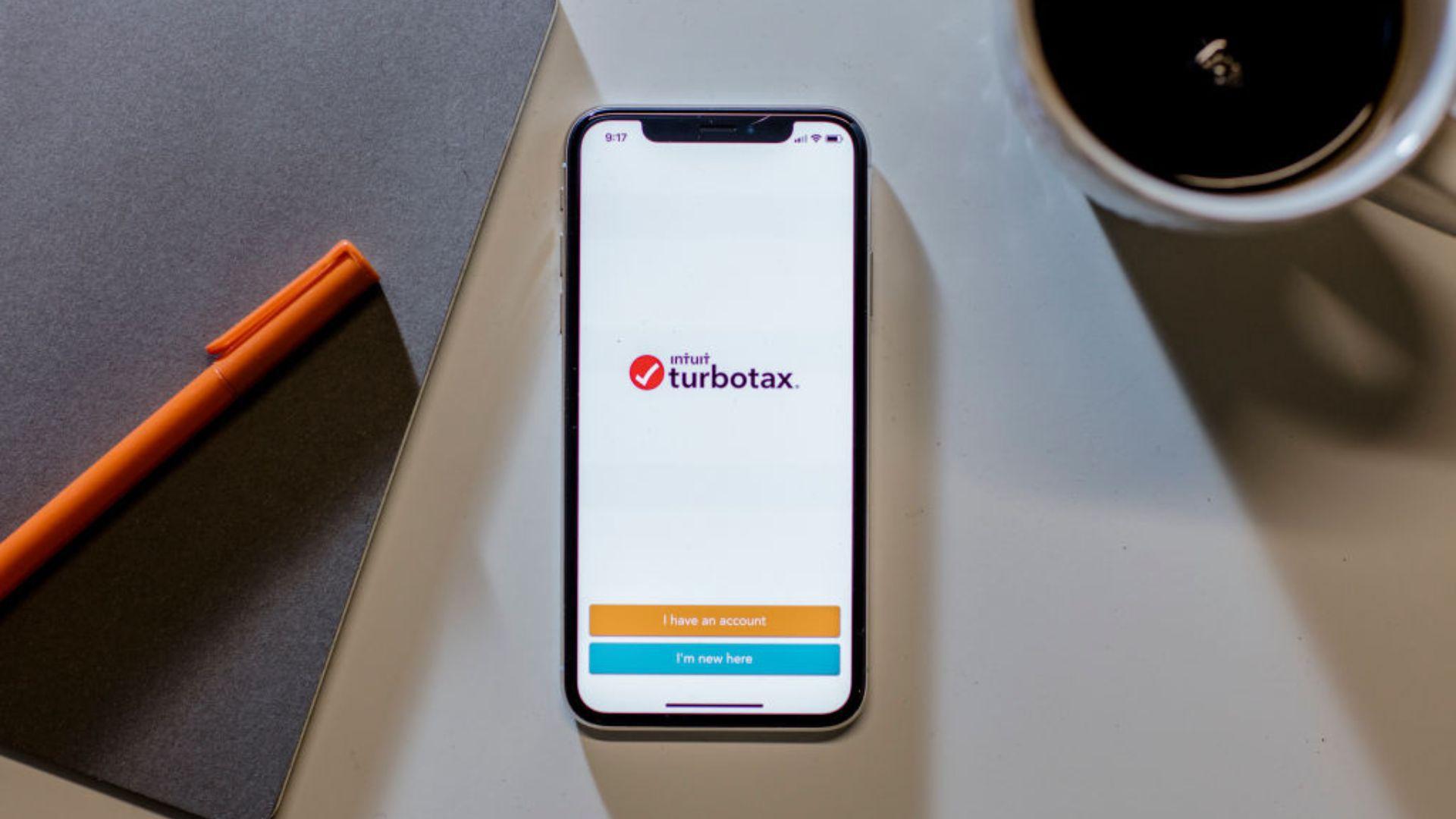
In the wake of the FTC’s ruling, Intuit is now required to disclose the actual percentage of consumers who qualify for their “free” services, as reported by The New York Times.
The FTC aims to enhance transparency and prevent customers from being misled about the true nature of TurboTax’s offerings.
Intuit’s Response to the FTC’s Ruling
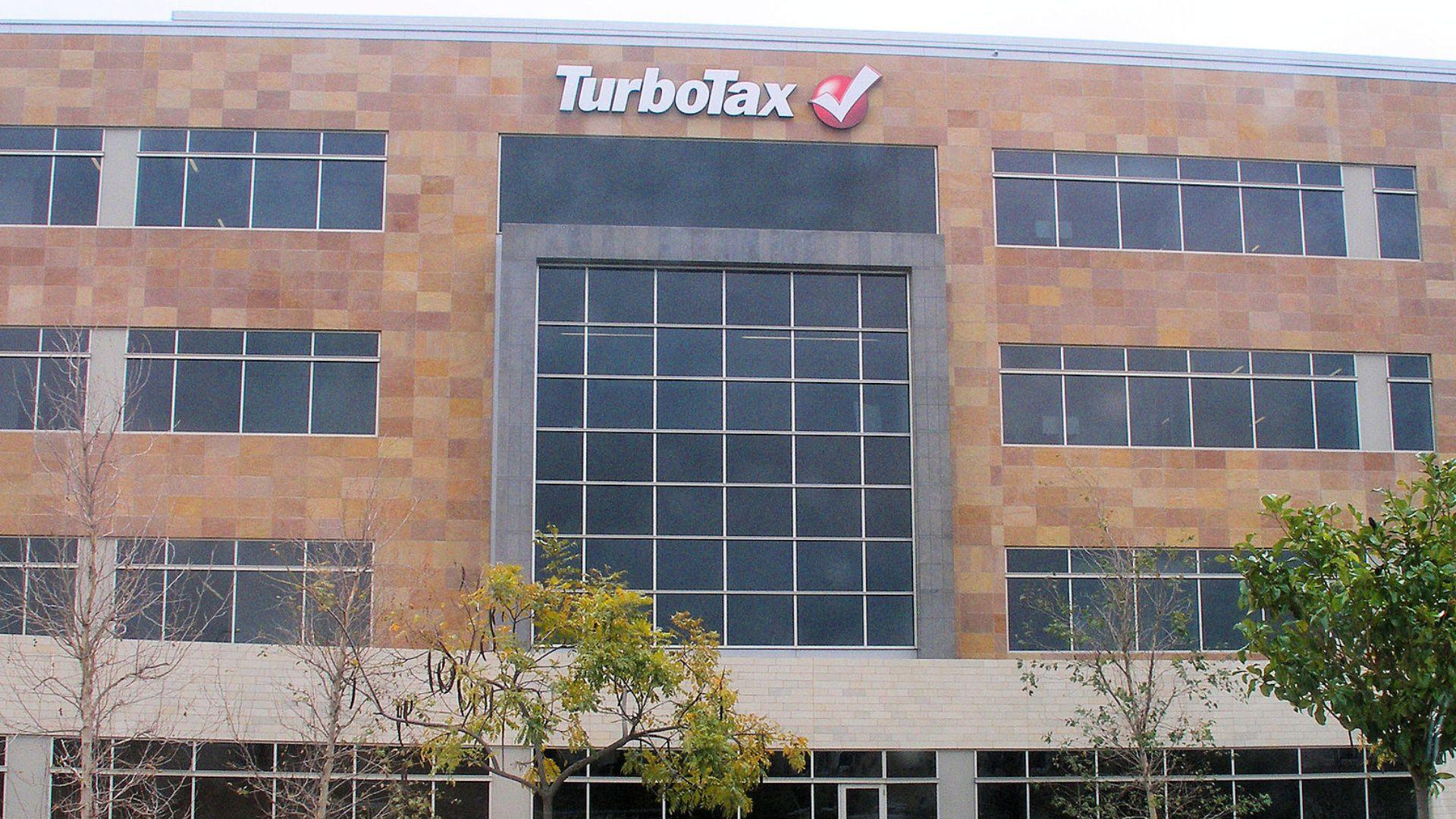
Intuit, in a statement to The Associated Press, expressed disagreement with the FTC’s decision, calling it “deeply flawed.”
The company stated, “This decision is the result of a biased and broken system where the Commission serves as accuser, judge, jury, and then appellate judge all in the same case.”
FTC’s Initial Judgment Against Intuit

The FTC’s recent decision follows an initial ruling by their chief administrative law judge, D. Michael Chappell.
The Associated Press reports that in September 2023, Judge Chappell found that Intuit had violated federal law through deceptive advertising, setting the stage for the FTC’s subsequent final order.
Previous Settlements and Financial Penalties for Intuit

In a previous related case, in 2022, Intuit agreed to a settlement requiring them to pay $141 million in restitution to nearly 4.4 million taxpayers, per information from NBC News.
This settlement, signed by the attorneys general of all 50 states, was a response to Intuit’s marketing of “free” services, which were not actually free for a significant number of consumers.
TurboTax’s Limited ‘Free’ Service Eligibility
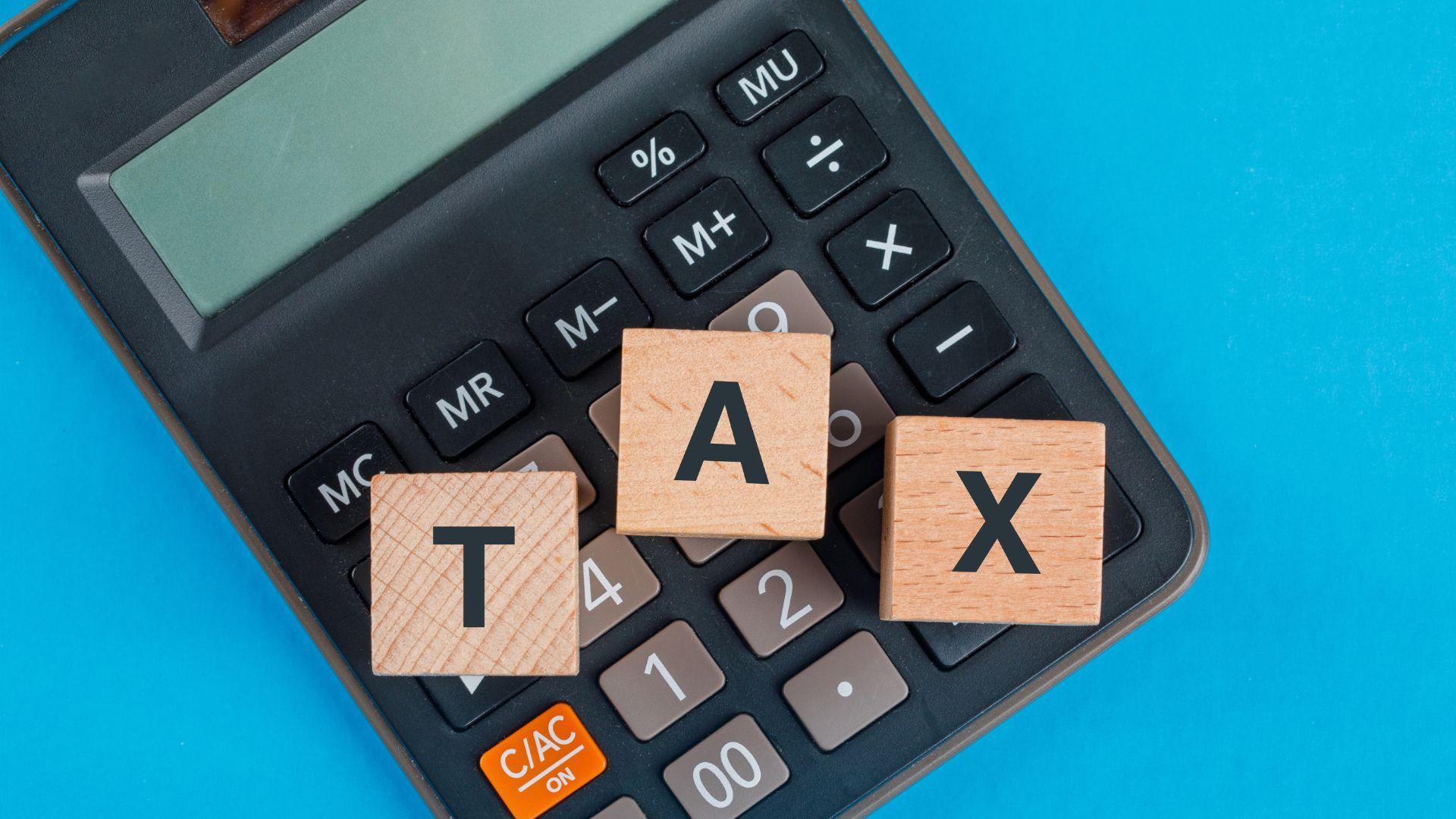
Fast Company notes that following the FTC’s crackdown, Intuit’s website now states that only about 37% of tax filers are eligible for the free version of TurboTax.
This disclosure aligns with the FTC’s mandate for transparency in advertising, providing consumers with a clearer understanding of who can actually use the “free” tax-filing service.
FTC’s Non-Financial Penalties on Intuit
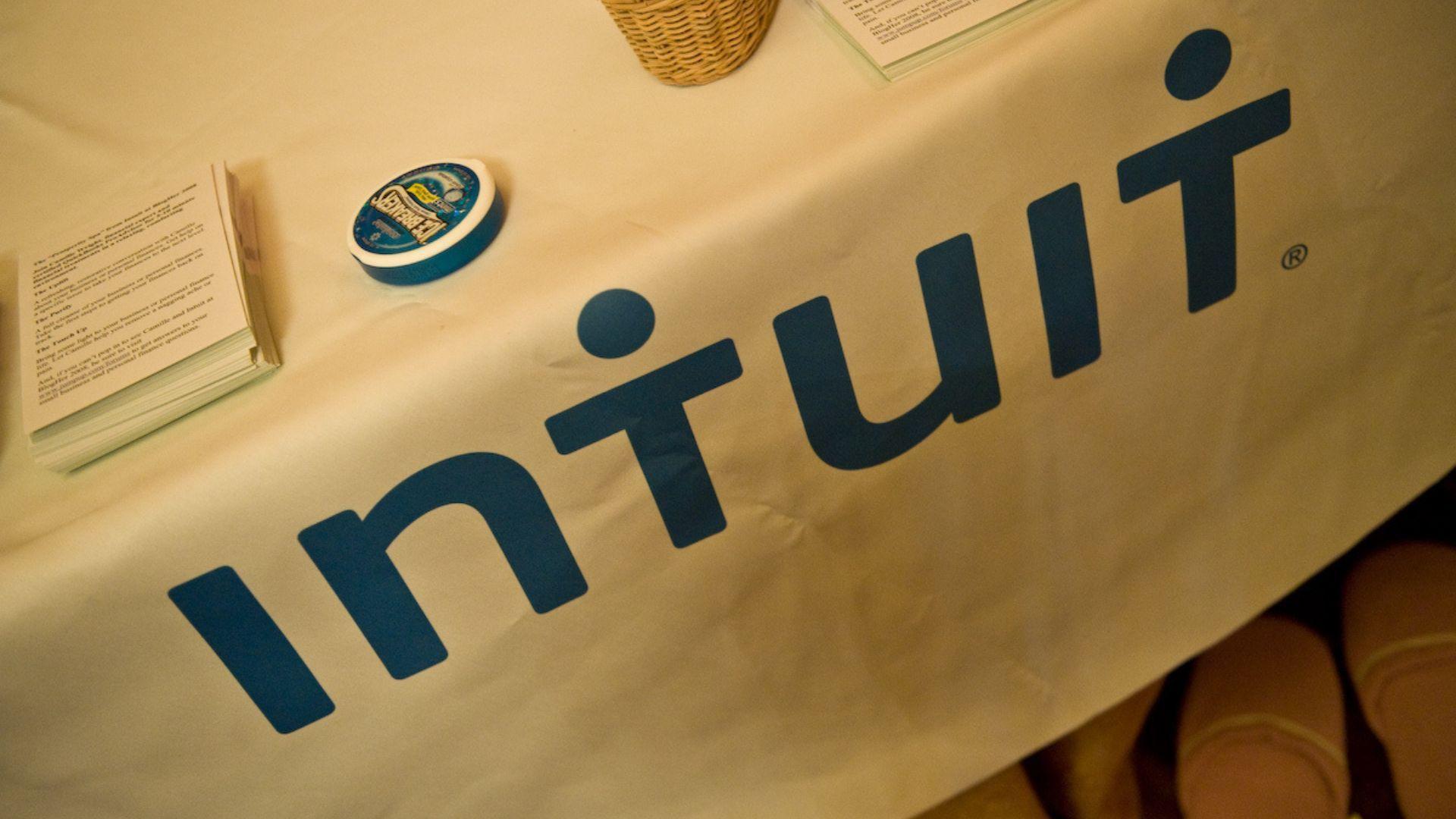
While the FTC did not impose a financial penalty on Intuit for its deceptive advertising practices, the company is required to change how it markets TurboTax, according to The Associated Press.
Specifically, Intuit must now clearly disclose the eligibility criteria for its “free” services, ensuring that consumers are not misled.
Intuit Criticizes the FTC’s Decision-Making Process
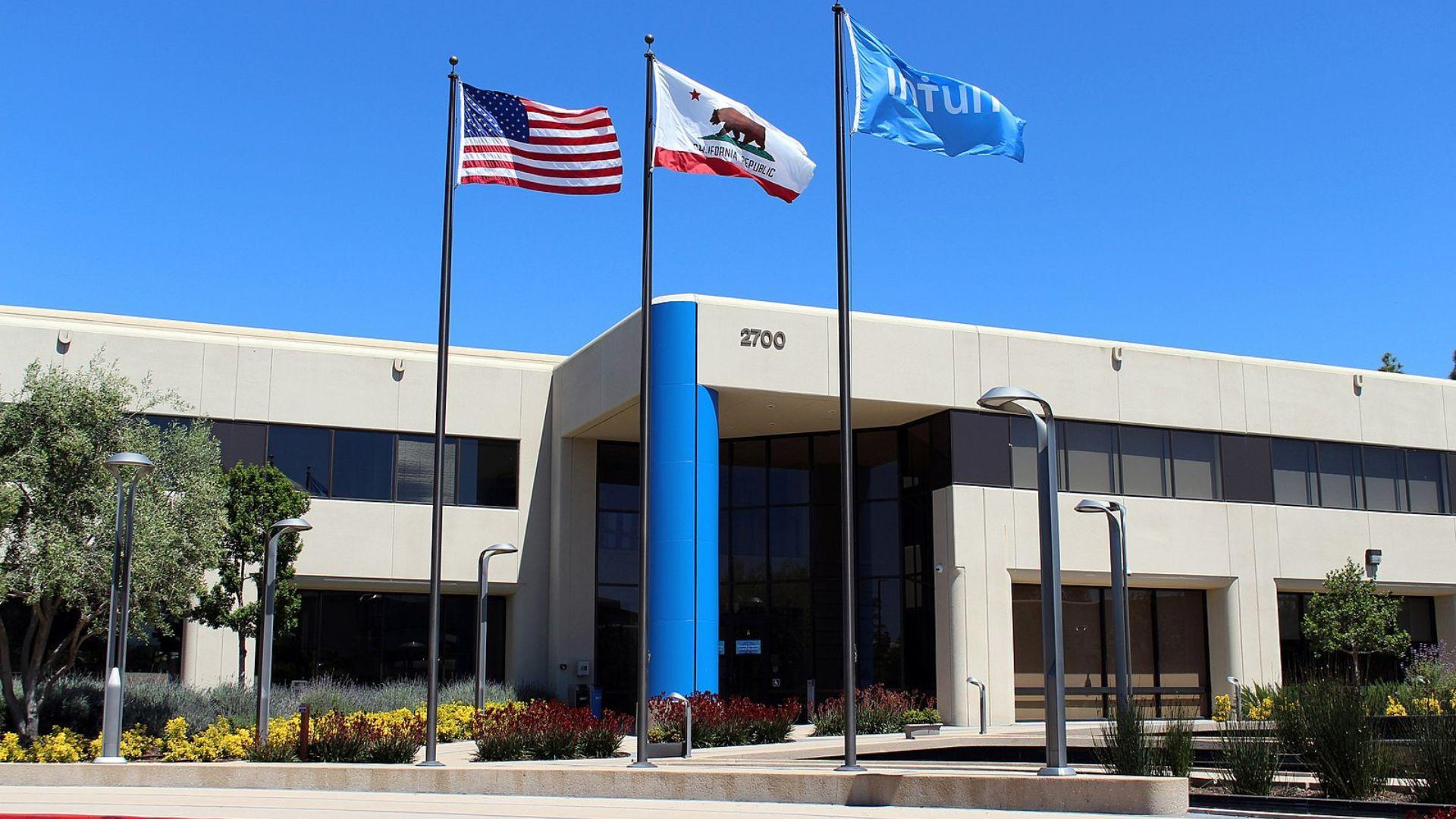
Intuit has voiced strong objections to the FTC’s decision-making process, accusing the Commission of being biased and broken.
The company’s statement to Fast Company included the claim, “Absolutely no one should be surprised that FTC Commissioners — employees of the FTC — ruled in favor of the FTC as they have done in every appeal for the last two decades.”
Intuit’s Legal Action Against H&R Block

Amid its own controversy, Intuit is pursuing legal action against another tax preparation company H&R Block, Fast Company reveals.
They allege that H&R Block engaged in “false and misleading price comparisons between its products and Intuit’s TurboTax products.”
FTC’s Firm Stance on Advertising ‘Free’ Services
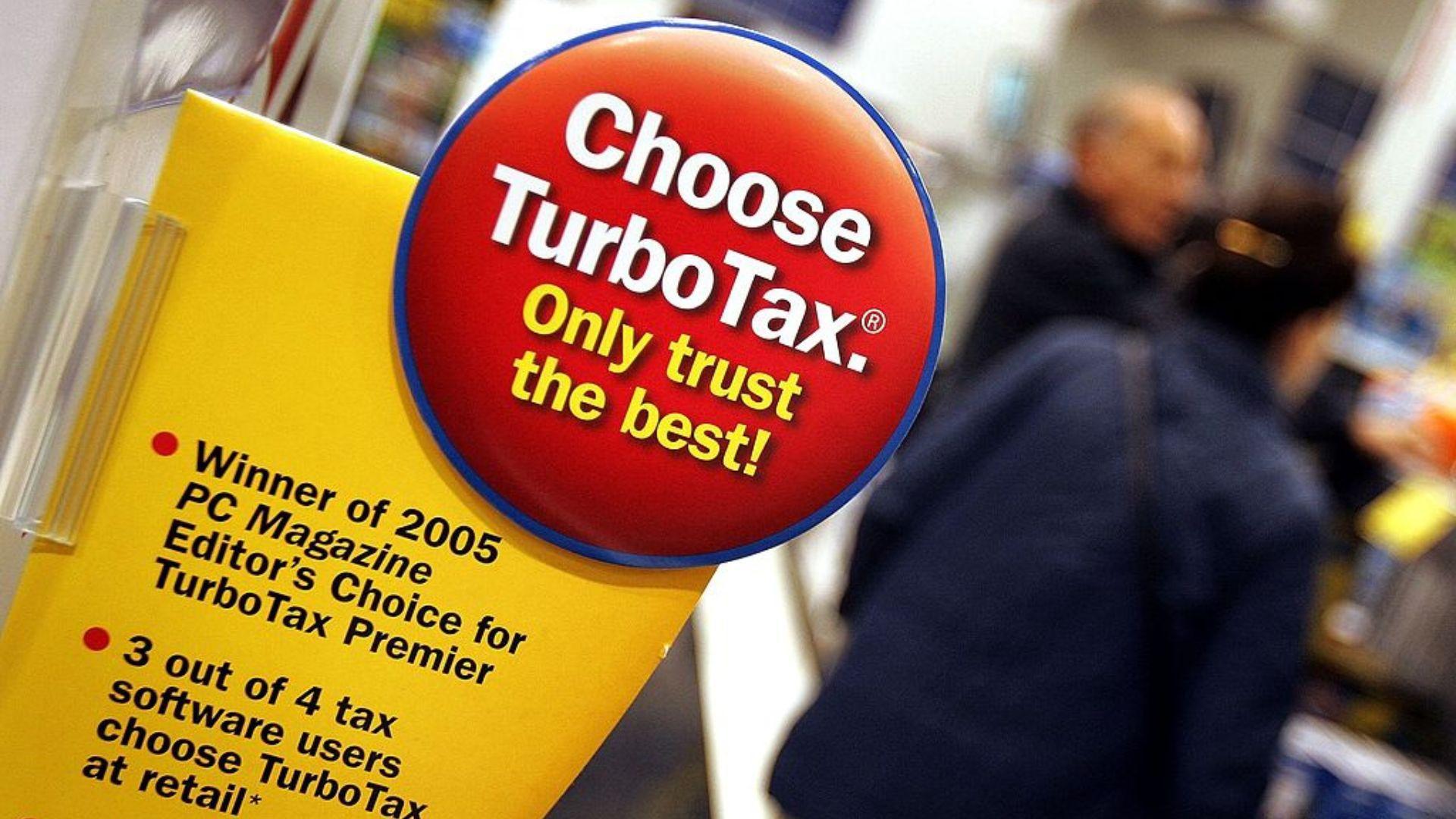
The FTC’s order against Intuit is a clear message to the industry: “free” must mean truly free for all consumers.
The order aligns with the FTC’s broader objective of ensuring honest and transparent advertising, particularly in areas that significantly impact consumers’ financial decisions.
